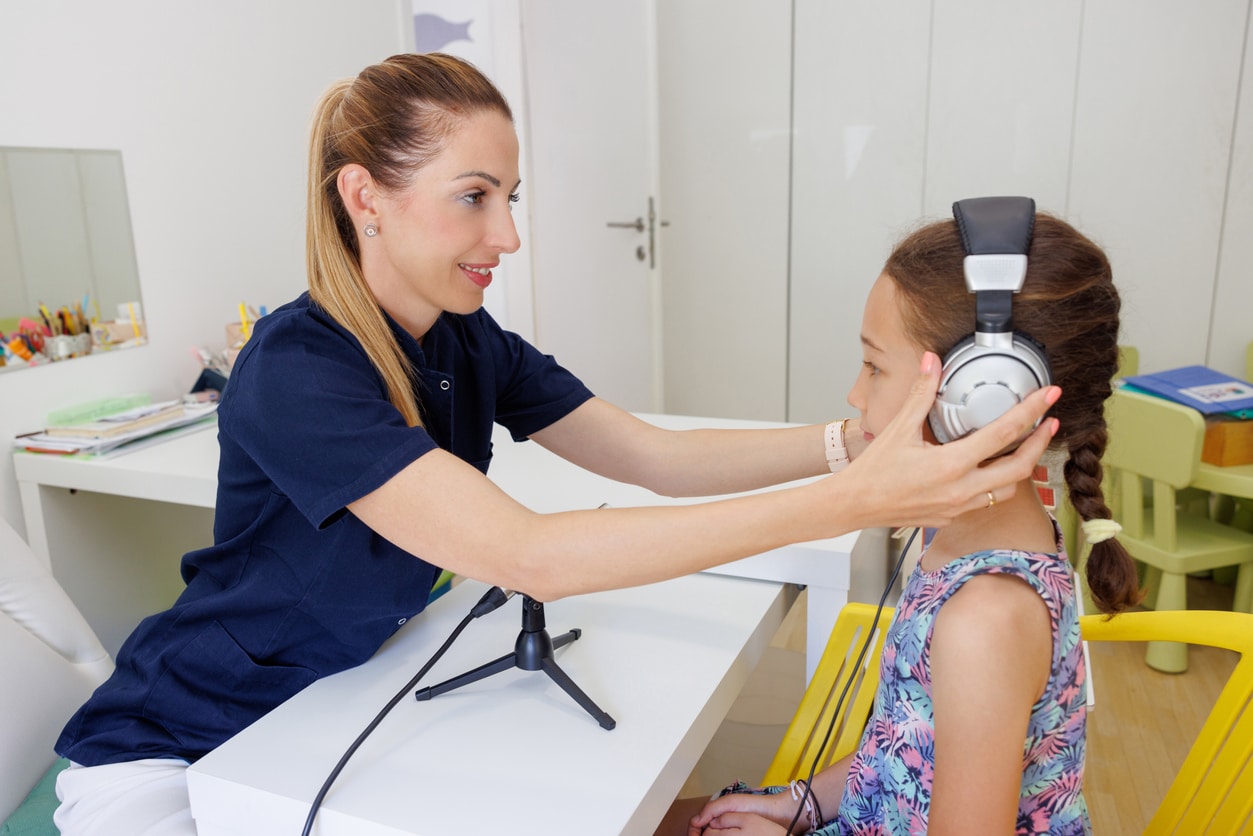An audiologist specializes in diagnosing and treating hearing and balance disorders. An educational audiologist works to support students with hearing issues, ensuring they have access to the tools and accommodations needed for effective learning. Educational audiologists typically work in schools.
The Role of an Educational Audiologist in Schools

Educational audiologists play a critical role in a child’s academic success by addressing hearing challenges in the learning environment. Their responsibilities include:
Identifying and Assessing Hearing Loss
- Conducting hearing screenings for students
- Evaluating how hearing difficulties impact learning and communication
- Collaborating with school staff and parents to develop individualized education plans
Providing Classroom Accommodations
Educational audiologists can recommend the following accommodations to help students with hearing loss:
- Assistive listening devices, such as FM systems
- Classroom modifications, like seating arrangements or soundproofing measures
- Train teachers on how to communicate effectively with students who have hearing loss
Supporting Communication and Social Development
Educational audiologists can help support communications skills and social development of children in school systems by helping them develop self-advocacy skills regarding their hearing needs. They can also help to build a culture of understanding and inclusion and can offer students strategies for improving listening and comprehension in noisy environments.
Coordinating with Healthcare Professionals
- Working alongside clinical audiologists, speech therapists and special educators
- Referring students for further medical evaluation when necessary
- Ensuring that hearing aids and cochlear implants function correctly within the school setting
Why Educational Audiologists Matter
Hearing plays a vital role in a child’s ability to learn and engage in school. Without proper support, hearing loss may impact academic performance, social interactions and self-confidence.
Educational audiologists bridge the gap between medical hearing care and the classroom, making education more accessible for students with hearing challenges. They also may work alongside speech therapists and special education and refer for further evaluation when necessary. Finally, they can ensure hearing aids are pursued if necessary and, once worn in school, are used properly.
By providing assessments, accommodations and ongoing support, these professionals help ensure that every child can succeed, regardless of their hearing ability.
To learn more about hearing health for you or your child, contact Kampsen Hearing to schedule an appointment today.